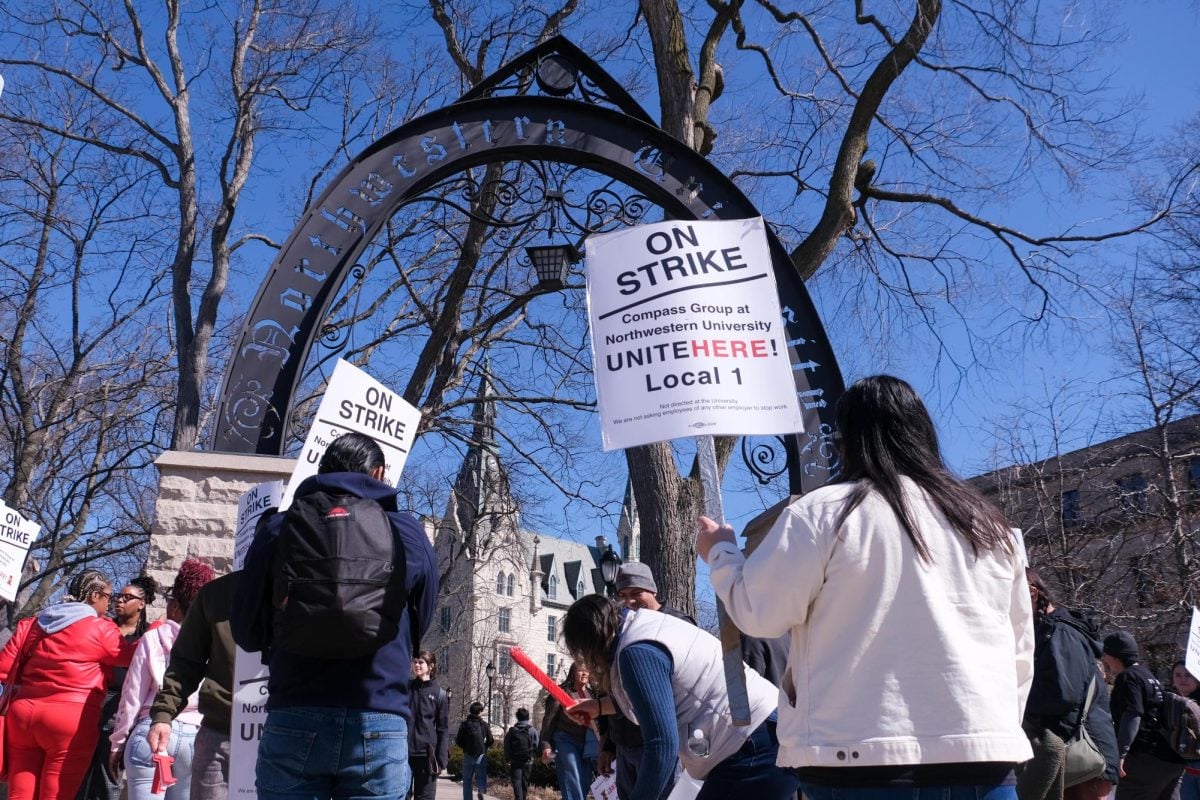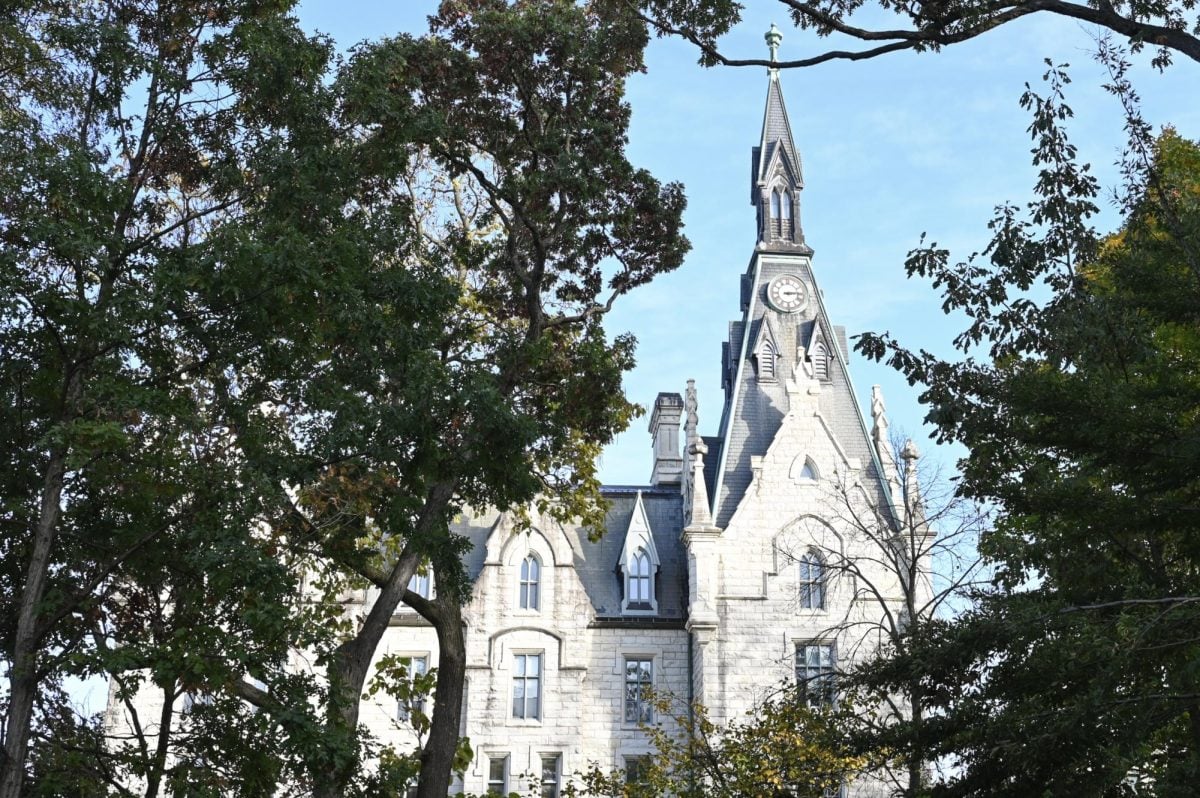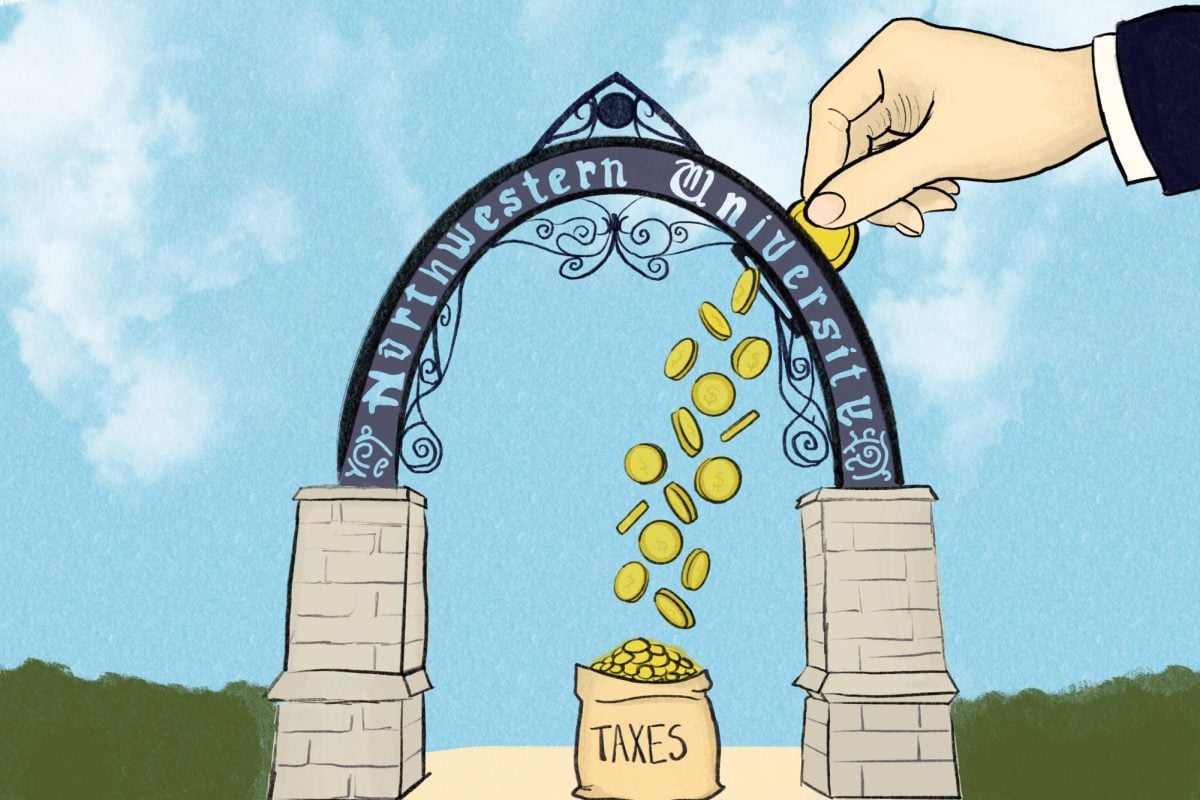Warning: this article contains mentions of sexual assault and suicide.
After her sexual assault case was dismissed three years ago by local law enforcement due to a legal loophole, SESP junior Kaylyn Ahn reached out to state Rep. Mark Walker (D-Arlington Heights) for change.
Like Ahn’s situation, 80-90% of sexual harm reports made to the Chicago Police Department failed to result in an arrest, a 2020 Chicago Alliance Against Sexual Exploitation study found.
Through her advocacy efforts, Ahn drafted and helped pass a 2022 bill in the Illinois state legislature to update the definition of consent in the state’s sexual assault law. Thanks to her work, Ahn said, many police departments across Illinois are now required to train officers on the bill’s enforcement.
The following year, Gov. J.B. Pritzker appointed Ahn to the Illinois Council on Women and Girls. She also worked for Rina Amiri, the U.S. special envoy for Afghan women, girls and human rights over the summer to research gender-based violence and inequality. From flying across the country to speak at dozens of universities, fundraisers and political events about domestic violence, she also earned recognition as one of GLAAD’s 20 Under 20 LGBTQ+ changemakers as a high school student.
Ahn sat down with The Daily to discuss her advocacy work, her experience with state politics and her advice for other students passionate about activism.
This interview has been edited for brevity and clarity.
The Daily: When did you start engaging in advocacy?
Ahn: I started in high school. I had a friend who died by suicide. I began what I call the Hailey Loved Project, so I had just put sticky notes with positive messages around my neighborhood. It was a small little project for the anniversary of their death. Afterwards, I continued with my advocacy within my high school.
The Daily: How did your student activism at Northwestern first begin?
Ahn: In my freshman year (of college), I was sexually assaulted. I went to the police in Skokie, where it had happened. The police officer told me to try to not let it happen again and move on, and told me that the prosecutor would never pick up my case. He said this was something that was common. The police officer talked about other cases where a survivor said “yes” in the beginning, but (then) said “no,” but that couldn’t count because of how the legal system was incredibly differential from the law as it was written. I contacted my state representative that I worked with, and I inspired a bill. We met with nonprofits and other state representatives and public officials, and we ultimately decided to create a bill to close the legal loophole.
The Daily: How has it been working on the Illinois Council on Women and Girls? What are some areas you have focused on?
Ahn: I’m on the Gender-Based Violence Committee. So we’re doing an educational campaign and “Know Your Rights” campaign about the Victims’ Economic Security and Safety Act to provide unpaid time off for survivors of any type of violence, domestic violence, sexual violence — gun violence, even.
The Daily: Has there been a particular moment or achievement that you are proud of at Northwestern?
Ahn: I am very proud of the op-ed I wrote for The Daily a year ago. I talk a lot about sexual violence and domestic violence, as well as the difficulty that I had as a survivor of domestic violence and extricating myself from that situation. Through Northwestern, I obtained the homeless unaccompanied youth status.
When you apply to FAFSA, they ask you, “Are you married? Did you serve in the armed forces? Are you homeless and unaccompanied?” And then I always check ‘yes’ to that question. Over a year, it took me three tries and 140 pages of documentation, but I was able to get that status and had the financial aid in order to continue my time at Northwestern. I really owe it to the community.
The Daily: What is your advice for students beginning to become more involved in advocacy?
Ahn: I think, especially for a lot of young people who are advocates … there is a really important distinction between being that survivor advocate, almost having that public figure to your name, and dealing with a lot of hardship from where you are deriving your advocacy from. I have found that the advocacy I’ve done is the most empowering thing I’ve ever done in my life. It’s also been incredibly healing to talk about your story and have people support it and also be able to drive some sort of change.
Email: jerrywu2027@u.northwestern.edu
X: @Jerrwu
Related Stories:
— Ahn: On being a homeless student at a Top 10 university
— NU student activists launch first ‘Disorientation Week’ with opening meeting
— Voices for change: A non-comprehensive guide to NU’s activist landscape







